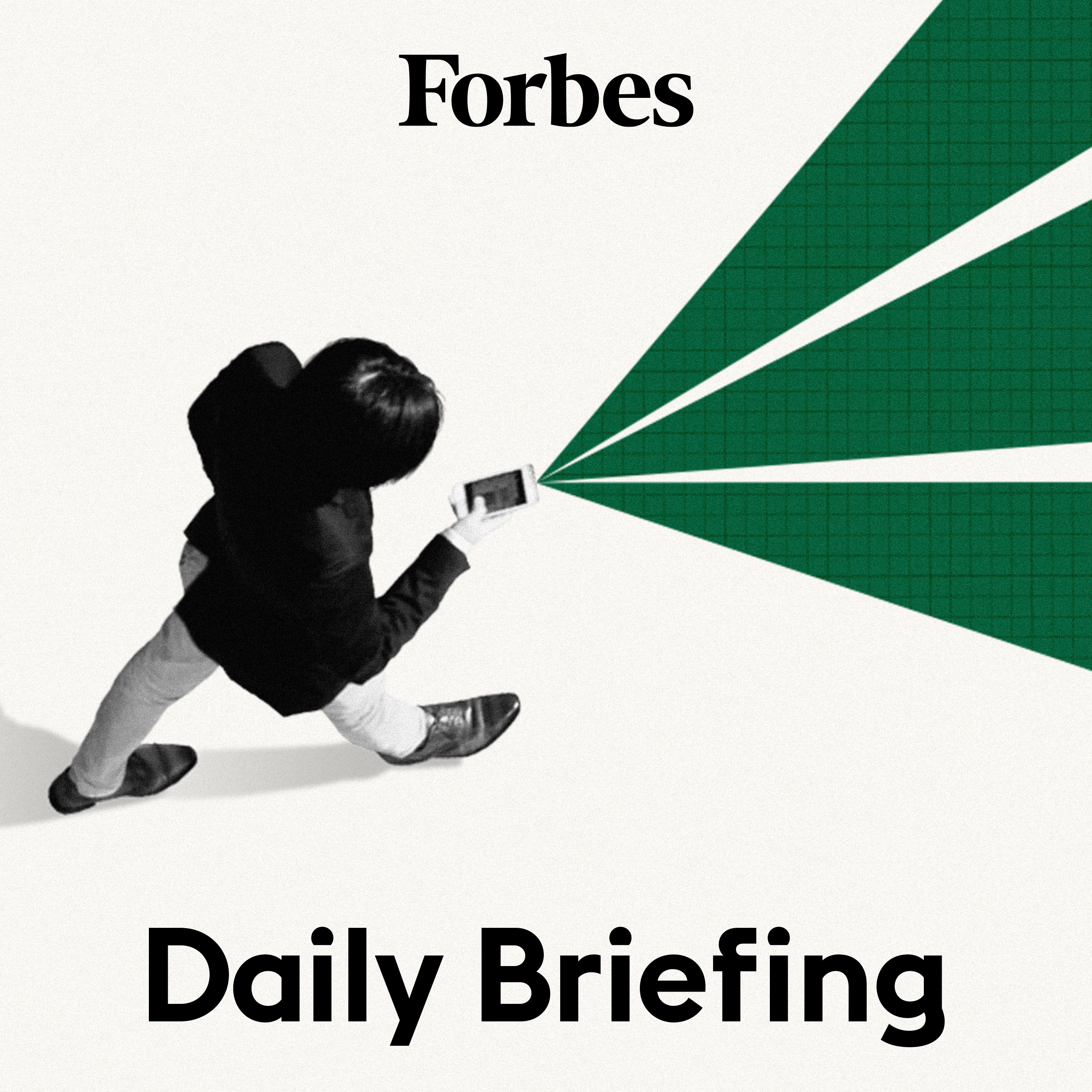Philip Morris International is rehabilitating nicotine’s image with its wildly popular flavored pouches, embraced by celebrities, entrepreneurs and star athletes. The highly addictive stimulant is making billions, but is it good for anyone other than PMI?
See Privacy Policy at https://art19.com/privacy and California Privacy Notice at https://art19.com/privacy#do-not-sell-my-info.
Here's your Forbes Daily Briefing for Monday, September 30th. Today on Forbes, how's Zinn conquered America? Along the Ohio River, inside a clean, well-lit factory in Owensboro, Kentucky, dozens of gleaming stainless steel machines, manned by employees in hair nets and safety glasses, turn out millions of tiny, pillow-shaped white fabric pouches filled with flavored pharmaceutical Every 15 seconds, 24 hours a day, five days a week, these automated machines fill a white plastic can the size of a hockey puck with 15 pouches. In a few days' time, containers of the wildly in-demand Zinn will appear in convenience stores, gas stations, and bodegas across the United States. In the few days after that, the shelves will be reliably empty and retailers will be begging Philip Morris International, also known as PMI, which owns Zinn's manufacturer, Swedish Match, for more. Elizabeth Leary, who has managed River's Edge tobacco outlet in Owensboro for a decade, says she has never sold a nicotine product with such fervent acolytes. She explains that she's constantly out of stock, despite being just a few miles from the factory. She says, quote, "50% of my customers come here for Zinn. I've never seen a product this popular." By the end of 2024, Stanford Connecticut-based PMI expects to sell as much as 580 million cans of Zinn, a 50% increase over the 385 million sold last year. Forbes estimates that Zinn sales, which PMI does not break out in public filings, generated $1.3 billion last year, about 3.7% of PMI's $35 billion in total revenue, and could hit $1.9 billion this year. Overall, PMI's smoke-free products, Zinn, vaporizers, its heat-knot-burn device icos, and chewing tobacco, hit $12.5 billion in sales last year, up from $9.9 billion in 2022. Then they account for nearly 40% of the company's gross revenue as of the fourth quarter. Zinn, in particular, is insanely lucrative. A can, which comes in 10 flavors, including cinnamon, citrus, and wintergreen, retails for about $6.50. Bonnie Herzog, an analyst for Goldman Sachs who covers the tobacco industry, says that Zinn is six times more profitable than PMI's cigarette division. And unlike cigarettes, which have been steadily declining in volume for the last decade, Zinn is in hypergrowth mode. Shipment volume in the US has jumped a staggering 238% since 2020. It's a new business for PMI, which bought Swedish match and its Zinn brand for $16 billion in 2022. But the cult nicotine pouch is critical to its future. PMI makes the world's number one cigarette brand, Marlboro. Its stated goal is eventually to stop selling cigarettes. That may sound crazy if not improbable, given that global cigarette sales rang up $22.3 billion for the company in 2023. Since 2008, PMI has invested $12 billion to create less harmful smoke-free nicotine delivery systems. Stacey Kennedy, the 51-year-old head of PMI's US operations, and who smoked Marlboro's for 10 years before switching to the Icos and the occasional Zinn, says, quote, "I think Zinn is proof that nicotine can be used to replace more harmful products." PMI is investing $232 million to expand the Owensboro factory by 40%, adding 450 new full-time jobs. Soon, it will operate 24 hours a day, seven days a week. By the end of 2025, Kennedy estimates, Swedish match can manufacture 900 million Zinn containers. That could bring Zinn sales to $2.9 billion for his estimates. Kennedy says, quote, "This will ease the squeeze on what's been a bit of a supply constraint." While pouches have successfully divorced nicotine from the cigarette, they still have health risks. For one, nicotine is ferociously addictive. It is also a vasoconstrictor, meaning it narrows blood vessels, and it raises blood pressure. Cancer seems to be less of a concern. A Swedish match-funded study found that the pouches contain, quote, "below the respective limit of quantification, of cancer-causing tobacco-specific nitro-samines." The study also found that Zinn contains low levels of other harmful chemicals, including ammonia, chromium, formaldehyde, and trace amounts of nickel. For full coverage, check out Will Yachowitz's piece on Forbes.com. This is Kieran Meadows from Forbes. Thanks for tuning in. [BLANK_AUDIO]
